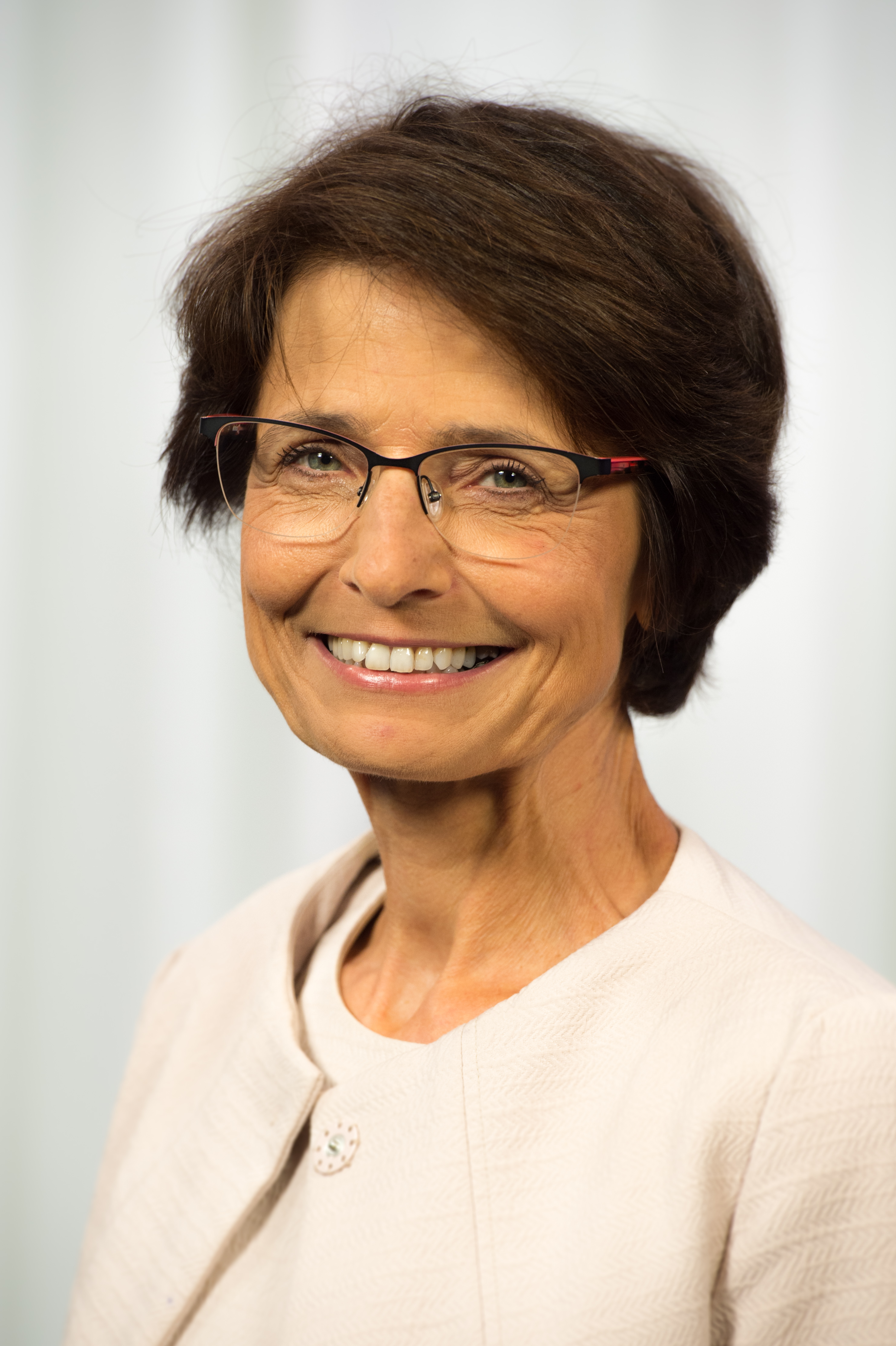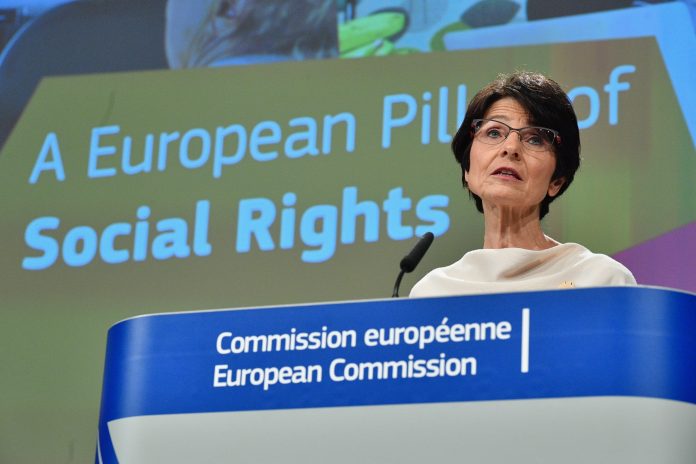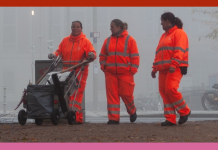Marianne Thyssen, Commissioner for Employment, Social Affairs, Skills and Labour Mobility offers her thoughts on today’s rapidly changing labour market
To succeed in today’s rapidly changing labour market, you need skills. And “static” skills will not be enough. Your skills have to evolve along with changes in the world of work, to keep pace with digitisation and technological change. Lifelong learning is the best way to keep up with these challenges – through education and training at all stages of life. That’s why I launched in 2016 a European Skills Agenda which focuses on actions to support skills development.
Training offers across the EU are huge – but too often workers and young people do not know about them. And offers are not always well adapted to a person’s individual upskilling needs or to the needs of the labour market. People often see vocational education and training as the poor relation of university studies. This perception could not be further from the truth.
In the EU, young VET graduates find jobs more quickly than their peers from general-academic education streams. This is a clear advantage when many young people are still struggling to find jobs. Vocational education and training also allow people to upskill and reskill throughout their careers, supporting their lifelong employability. That is why I have made it my mission to show that vocational education and training leads to exciting and rewarding careers – from movie makers to fashion designers, from pilots to medical assistants.
I want to show that vocational education is not a second choice, but an attractive education and career prospect and the European Vocational Skills Week is a great opportunity to do that. The second edition of the Vocational Skills Week ran with great success from 20- 24 November 2017, giving a variety of VET providers, employers, youth organisations, EU agencies, national and regional authorities an opportunity to showcase the best of VET in Europe. In total, more than 1500 events were organised in more than 45 countries across Europe.
We are doing more to make VET a true first choice. We know that millions of learners have benefitted from Erasmus. With the new ErasmusPro action that I launched, vocational students will now have the opportunity to spend a longer period of time abroad to learn new skills, languages and cultures, stepping up the quality and impact of their experience abroad.
Learners need skills to get jobs. Businesses depend on their skills to succeed. Already today, we need to know the skills of tomorrow – most urgently for innovative sectors including additive manufacturing, green technology and renewables, or cyber security. And for radically changing sectors, such as the automotive industry. This is why we’ve launched a “Blueprint for Sectoral Cooperation on Skills”. Industry-led partnerships will map skills needs and trends in their sector.
Employers, employees and training institutions will work on new curricula to address skills gaps. I am bringing together public authorities, businesses and civil society actors who do not typically work together. We have kicked-off cooperation with twelve industries, ranging from car manufacturing to maritime shipping and from construction to tourism, to name but a few. We hope to expand this in the future.
And the European Skills Agenda is also addressing the gaps we face in digital skills, in particular through the Digital Skills and Jobs Coalition. It reaches out beyond the ICT sector to improve the digital skills of people across the whole economy.
Europe is all about cooperation. Together we can tackle the challenges and reap the fruits of the changing world of work. To help people get jobs and engage actively in society, to allow business to compete, the economy to grow and society to flourish. This is also reflected in the European Pillar of Social Rights which was proclaimed at the social summit in Sweden last month by all EU leaders and European institutions. It’s no coincidence that the first principle is dedicated to education, training and lifelong learning. The Commission is working hard to make sure that European cooperation on skills continues to be a success story.
Marianne Thyssen

Commissioner for Employment, Social Affairs, Skills and Labour Mobility
European Commission
Profile: https://ec.europa.eu/commission/commissioners/2014-2019/thyssen_en
Twitter: @Mariannethyssen











